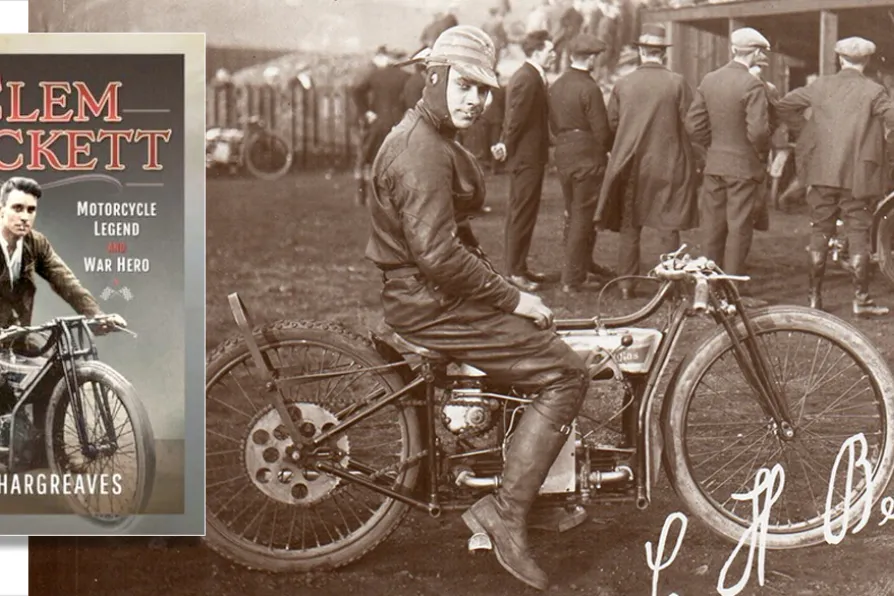SIMON PARSONS applauds an original, visual and movement-based take on the birth and death of a relationship


Clem Beckett – Motorcycle Legend and War Hero
by Rob Hargreaves
Pen & Sword Books £25
SOME readers may know of Clem Beckett from the wonderful Townsend Theatre Productions 2016 tour of Daredevil Rides to Jarama that told some of his story.
Despite its rather military sounding title this book tells a north of England story of working-class individualism and commitment to the cause of communism during the turbulent times of the 1920s and 1930s; as such it fills in the gaps of writer Neil Gore’s theatrical production.
Born in 1907, Beckett grew up in an Oldham terraced house and had to go out to work at the age of 12 to help support his family after his father abandoned them.

This year’s march and swim in a reservoir in the Peak District will continue the fight for 'access for all' in a nation where 92 per cent of land remains inaccessible to the public, writes SHAILA SHOBNAM













